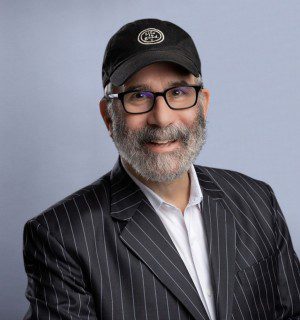News and Insights
Medical Information – When You Need It – You Need it Now!
June 20, 2019
When Microsoft came out with its celebrated Band – a wearable that combined health tracking information with email, text messaging and news highlights features – I was sold and bought! Two years later, this high-tech giant shelved the Band. I jumped to the Apple Watch 4. Why did Microsoft abandon Band? No one is 100% sure. Perhaps Fitbit and Apple Watch had stronger control over the market and Microsoft was never to be satisfied being relegated to the role of “niche player.”
How about helping consumers gather, store, use and share family health information? Another surprising departure from the playing field. HealthVault leaves the personal health information field on November 20th, 2019. However, the need to have and share access to personal health information quickly – especially for people with chronic, serious or rare diseases – remains a priority.
At any given time, someone with a health concern may need or desire to travel. A consumer with a well-managed medical condition may find themselves having to access medical services only a few miles away from their tending physicians and center of care. When that happens next? Having immediate access to their medical records – beyond list of diagnoses and medications – may be required. Healthcare professionals reviewing your life-sustaining should be as close and easy as a few keystrokes; however, most US medical centers’ computer systems often lack ability to communicate with each other. The term “interopterability” means one system is able to “speak” to another across devices, systems and software. In this nation, known for medical and health-tech innovation, that continues to be an obstacle – a barrier to timely access to quality and affordable care. A number of #EMR market leaders are working tirelessly to address these challenges.
Imagine having a chronic condition such as Ehlers_Danlos, Fabry, Marfan, PNH or any other of the hundreds of rare and unique health disorders that require background to treat. What happens if you’re visiting or living in Brooklyn, New York, minutes from New York area major medical centers such as Columbia-Presbyterian, Maimonides Medical Center, Mount Sinai, NYU Langone or Weil Cornell, calling 9-1-1 and finding yourself in the middle of the night at the ER of the closest community hospital – where they know little about your specific circumstance? Now imagine you don’t have access to your medical records and they can’t access this information via an EMR – even though their location is less than 20 minutes drive away from that center of excellence where you are being treated regularly. How do these local well-intended and dedicated healthcare professionals get up-to-speed quickly? Often, they can’t. Worrisome?! This is exactly what happens frequently.
Patient advocacy is coming to the aid of their communities, and a number of these groups are partnering with an impassioned group of people who created Backpack Health (#client). Almost anyone – with a health concern, a rare condition or individuals needs a central place to store and organize their records – can use this service. Now, numerous groups championing awareness, research and patient support are partnering with this service. Backpack Health also recognizes that participants own their data!
“Your health information belongs to you. You have a legal right to it, and that means with the right tools, you can make the most out of your own health narrative. Our goal is to help you do just that.” Backpack Health
Who owns your data is a key consideration! You do! In this case, Backpack Health is providing a free service to participants, in multiple languages, and working with their patient communities creating patient registries that can advance studies enabling clinical researchers to determine why these illnesses occur and how new insights can be leveraged to better manage and even cure disease. There is no charge for any of the upload and access services provided to customers.
It’s disappointing that Microsoft HealthVault closed its doors. Actually, for people and family members with pressing health concerns, access to and an ability to share medical records is life-sustaining and saving is a 24/7 need. Perhaps, just as medicine shifts more and more from “general practitioners” to specialists’ care, that’s what is needed for people with rare diseases when it comes to information access and sharing – a specialty group that is centered around these hundreds of rare-disease communities. If that’s the case for you or your family members, there is an address that handles this need and has been vetted by numerous patient groups. The adage: “Information is power,” takes on a different meaning for certain patient communities. When it comes to your medical records and quality care, it’s a given.
.png)
